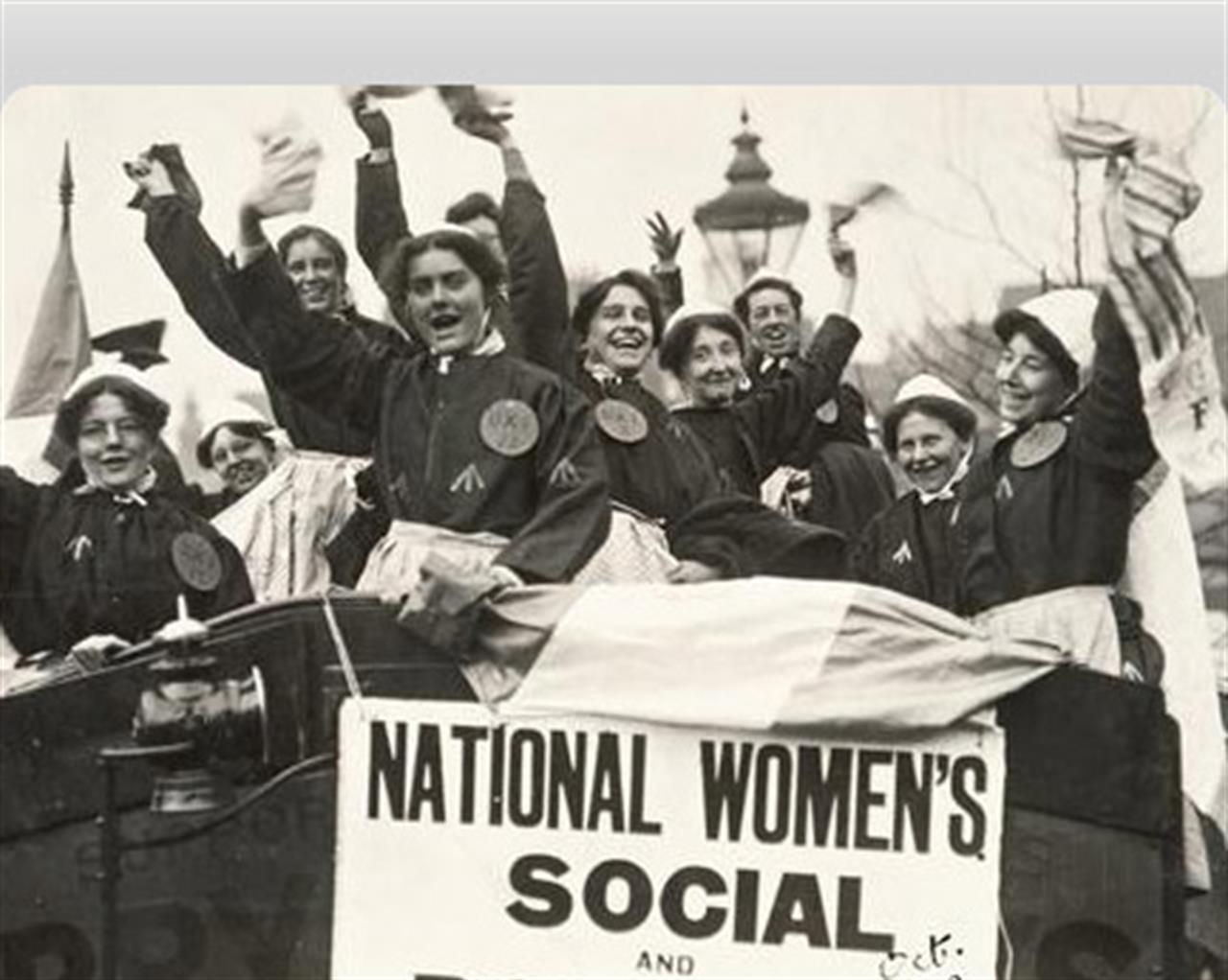Mondo
UK: Positions of power slip from women’s grasp
The fifth annual Sex and Power report shows a drop in the number of women attaining the top jobs in Britain.
di Staff

Sex and Power, the Equality and Human Rights Commission’s annual report looking at women in top positions of power and influence across the public and private sectors, suggests a worrying trend of reversal or stalled progress – with only a few significant increases.
Now in its fifth year, the index this year indicates fewer women hold top posts in 12 of the 25 categories (almost half). In another 5 categories, the number of women remains unchanged since 2007’s index. Women’s representation has increased in just 8 areas.
There are fewer women MPs in Westminster, where they make up just 19.3 percent of all MPs. Women’s representation among FTSE 100 directors has improved slightly from 10.4 to 11.0 percent.
The Commission has likened women’s progress to a snail’s pace. A snail could crawl:
- nine times round the M25 in the 55 years it will take women to achieve equality in the senior judiciary.
- from Land’s End to John O’Groats and halfway back again in the 73 years it will take for equal numbers of women to become directors of FTSE 100 companies.
- the entire length of the Great Wall of China in 212 years, only slightly longer than the 200 years it will take for women to be equally represented in Parliament.
This year’s report, which traditionally estimates the number of years at the present rate of progress it will take for women to achieve equality in key areas, indicates that compared to previous year’s predictions it will now take 15 years longer (a total of 55 years) for women to achieve equal status at senior levels in the judiciary, and women directors in FTSE 100 companies could be waiting in the wings a further 8 years (a total of 73 years).
If women were to achieve equal representation among Britain’s 31,000 top positions of power, the Commission estimates nearly 5,700 ‘missing’ women would rise through the ranks.
This year’s Sex and Power report is part of the Commission’s ongoing ‘Working Better’ project. Launched in July of this year, the campaign is seeking to identify innovative ways of working which can help meet the challenges of the 21st century.
“Young women’s aspiration is in danger of giving way to frustration. Many of them are now excelling at school and are achieving great things in higher education. And they are keen to balance a family with a rewarding career. But workplaces forged in an era of ‘stay at home mums’ and ‘breadwinner dads’ are putting too many barriers in the way – resulting in an avoidable loss of talent at the top” said Nicola Brewer, the Chief Executive of the Equality and Human Rights Commission.
“We always speak of a glass ceiling” added Brewer, “these figures reveal that in some cases it appears to be made of reinforced concrete. We need radical change to support those who are doing great work and help those who want to work better and release talent.”
“The Commission’s report argues that today’s findings are not just a ‘women’s issue’ but are a powerful symptom of a wider failure. The report asks in what other ways are old-fashioned, inflexible ways of working preventing Britain from tapping into talent – whether that of women or other under-represented groups such as disabled people, ethnic minorities or those with caring responsibilities. Britain cannot afford to go on marginalising or rejecting talented people who fail to fit into traditional work patterns” she concluded.
Find out more: www.equalityhumanrights.com
Download Sex and Power
Si può usare la Carta docente per abbonarsi a VITA?
Certo che sì! Basta emettere un buono sulla piattaforma del ministero del valore dell’abbonamento che si intende acquistare (1 anno carta + digital a 80€ o 1 anno digital a 60€) e inviarci il codice del buono a abbonamenti@vita.it
